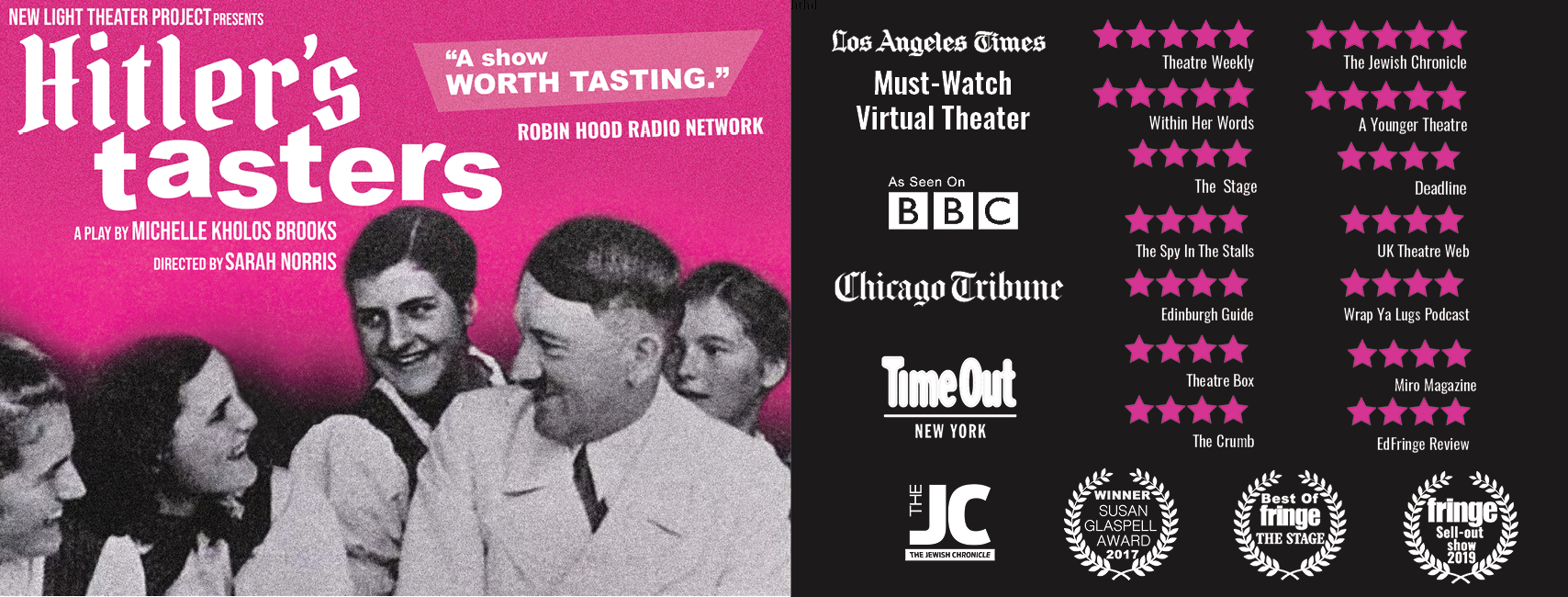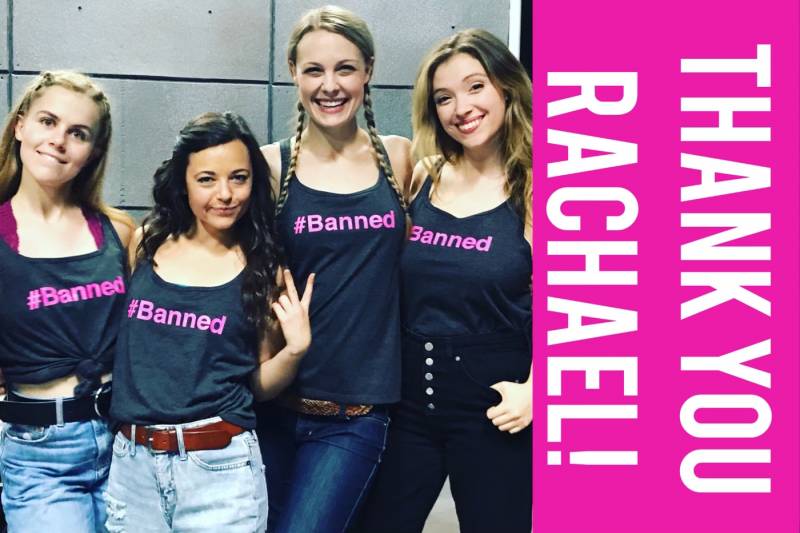Belligerent nation states, exes bent on revenge porn, hucksters selling fake medical cures: there are a lot of scary threats Meta (a.k.a. Facebook) is trying to counter with a combination of artificial intelligence and human content moderators. But the software is regularly deleting the accounts of innocents, who quickly discover they don’t merit human review unless they’re considered VIPs by the company.
Consider the recent case of Los Angeles-based playwright Michelle Kholos Brooks. A few years ago, she came across an article like this one, about Margot Wölk, one of the young women forced to taste Adolf Hitler’s food before he ate it. In 2013, at the age of 95, Wölk shared her story with the German magazine Der Spiegel. “I wrote a play around that,” Brooks explains, “putting young women in a room, waiting to die at every meal.”
A former journalist and a Jewish American, Brooks wants to bring history to life for modern audiences, she said, “Because for young people today, World War II is in the rearview.”
Hitler’s Tasters has been performed in New York; Chicago; Venice, California; the Fringe Festival in Edinburgh—and coming in April 2022, New York again. Critics and audiences alike have responded positively to this dark comedy about an awful topic.

“Sometimes people are not sure if it’s OK to laugh,” Brooks acknowledges. “You know, a lot of it gets very dark. But we encourage it.”



